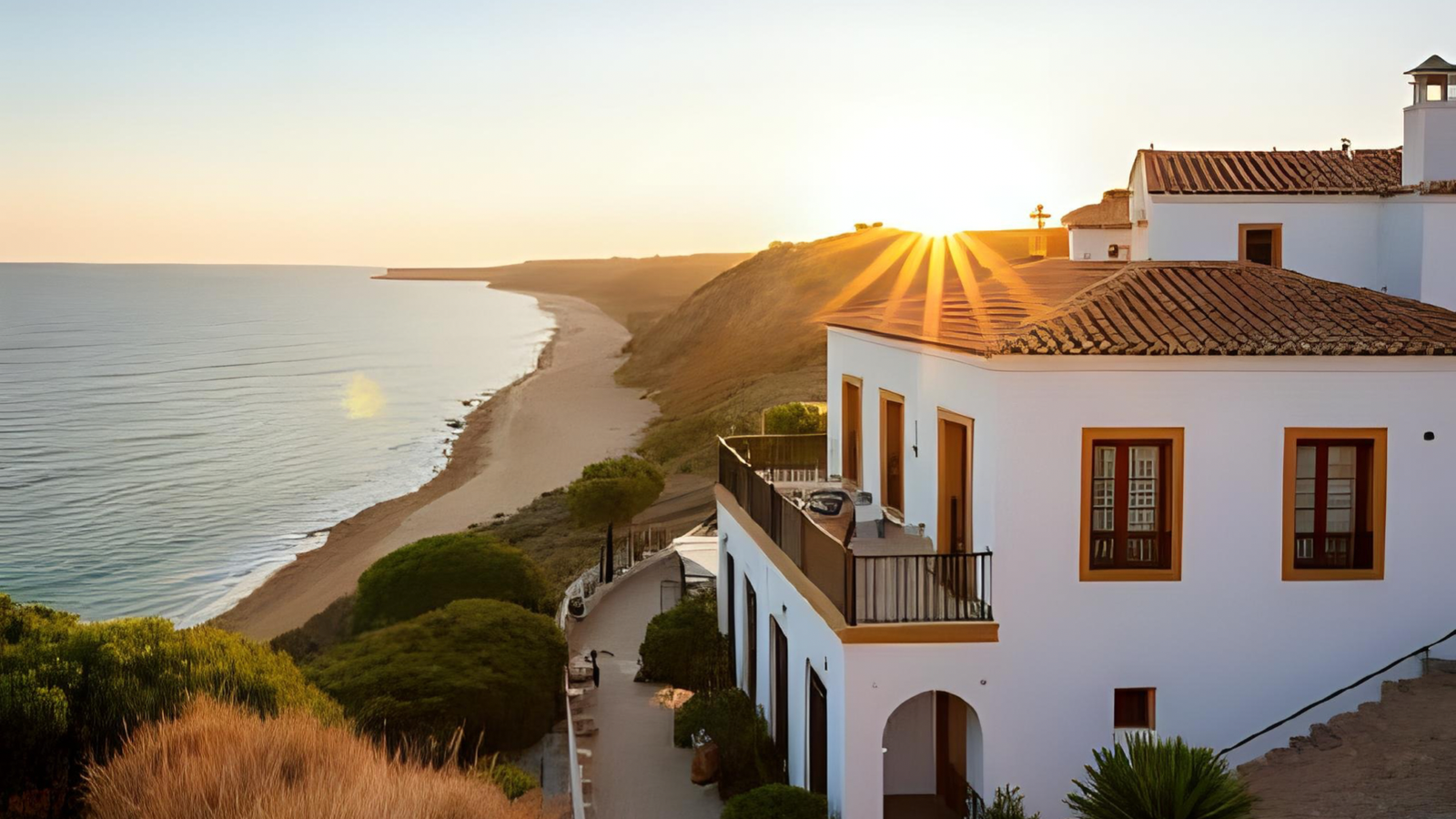French Rare House for Sale: A Guide to France’s Most
February 22, 2026


Are you a foreigner considering buying property in Portugal? You’re not alone. The warm climate, beautiful beaches, great cuisine, and high standard of living have made Portugal one of Europe’s top destinations for real estate investment. Whether you’re looking for a retirement residence, holiday home, or a solid investment opportunity, buying property in Portugal for foreigners is easier than you might think. This comprehensive guide will walk you through the process, answer common questions, and help you make the best decision for your move to Portugal in 2026.
There are countless reasons why foreigners are choosing to purchase real estate in Portugal. Here are some of the most popular:
Yes! There are no restrictions on buying property in Portugal for foreigners, regardless of your nationality. Both EU and non-EU citizens have the same rights when purchasing real estate. The only difference is that non-EU citizens may need to obtain a Portuguese tax number and may want to consider visa or residency options.
Before you can buy property, open a bank account, or even pay utilities, you’ll need a Portuguese tax number (Número de Identificação Fiscal or NIF). You can obtain this from a local tax office or through a lawyer/fiscal representative.
Consider not only the property price but also buying costs (usually 6-10% on top of the purchase price for taxes and fees), ongoing expenses, and whether you’ll need a mortgage.
Choose a licensed real estate agent (“imobiliária”) who has experience helping foreigners. They can help you access the best properties and avoid common pitfalls.
Tour properties in your desired area to get a sense of market value. Once you choose a property, your lawyer will carry out legal due diligence, checking ownership, debts, and permits.
Many Portuguese banks offer mortgages for foreigners, though you may generally qualify for up to 70% loan-to-value and need proof of income and residency status.
A “Contrato de Promessa de Compra e Venda” is signed and a deposit (usually around 10%) is paid to reserve the property.
The final deed (Escritura Pública) is signed in front of a notary, you pay the balance, and the property is officially yours. Your lawyer will register the property under your name.
Lisbon – Portugal’s vibrant capital offers a cosmopolitan lifestyle, historic neighborhoods, and excellent rental potential.
Porto – The country’s second-largest city on the Douro River is known for its wine and charming atmosphere.
Algarve – Sun-drenched beaches, golf courses, and thriving expat communities make this region a favorite for retirees and second-home buyers.
Silver Coast – Less crowded than Lisbon or the Algarve, with affordable homes in picturesque seaside towns.
Cascais and Estoril – Upscale Riviera-like suburbs just outside Lisbon, popular among families and professionals.
Buying property in Portugal for foreigners can lead to residency through the Golden Visa program. The rules have changed (as of 2023), and residential property in high-density areas such as Lisbon, Porto, and the Algarve’s coast is no longer eligible. However, commercial properties, touristic apartments, or properties in low-density (“interior”) areas can still qualify, usually with investments starting from €280,000–€500,000.
If you plan to live in Portugal and not just invest, consider the D7 visa (for retirees and remote workers), which doesn’t require a property investment but renting or owning a home is helpful for your application.
Q: Can I buy property remotely?
A: Yes, you can grant power of attorney to a trusted lawyer to handle the entire transaction, including bank account opening and singing deeds.
Q: Do I need a Portuguese bank account?
A: For transactions and paying utilities/taxes, a local bank account is highly recommended.
Q: Are there annual property taxes?
A: Yes, the IMI tax is based on the property value and location, and must be paid every year.
Q: Can I rent out my property?
A: Yes. If you plan to offer short-term/vacation rentals (Alojamento Local), special licensing is needed, especially in popular areas.
Q: Is the process safe for foreigners?
A: Yes, as long as you use a licensed lawyer and reputable agent. Scams are rare but can happen, particularly with unlicensed brokers or “under the table” deals.
Despite global economic shifts, Portugal remains a hotspot for property investment. Foreign buyer interest (especially from America, UK, France, and Brazil) continues to rise, driven by the country’s safety, political stability, digital nomad popularity, and residency programs.
Lisbon and Porto remain more expensive, but the Silver Coast and interior regions offer affordable opportunities for those seeking authenticity and a lower cost of entry.
Yes. If you’re looking for a stable country with a high quality of life, potential for residency, and thriving expat life, buying property in Portugal as a foreigner is a decision you won’t regret. Just be sure to take your time, seek local expert advice, and be clear on your goals—whether that’s investment, retirement, or a permanent move.
Ready to make your dream of living in Portugal a reality? Start exploring your options and get in touch with local real estate professionals specializing in helping foreign buyers today!
Are you considering a move to Portugal? Let us know your questions or experiences with the property buying process in the comments below!
February 22, 2026
February 20, 2026
January 27, 2026
January 27, 2026